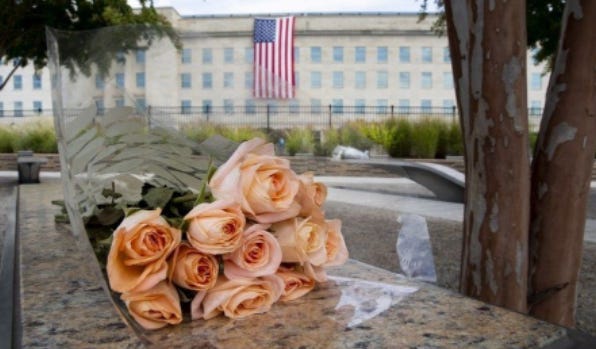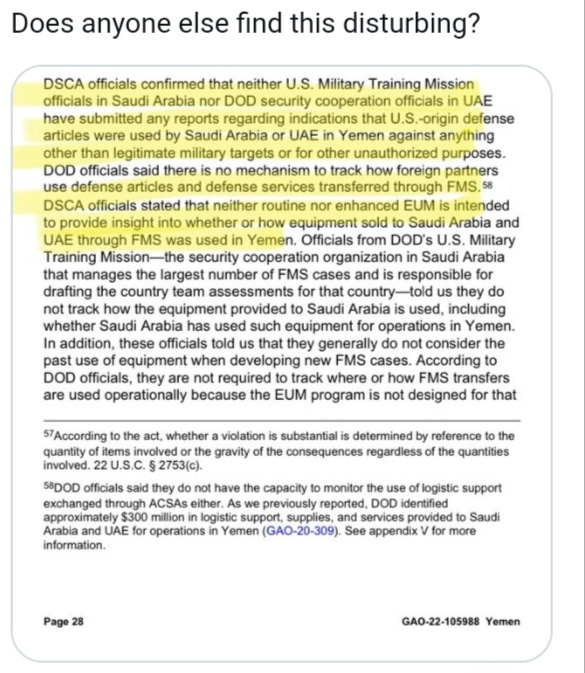Riyadh - DC Fault
Jared Kushner received US$ 2billion from Saudis (multiple report by The Interceot & NYT). But even with a lot “sweetened’ during Trump era, currently Riyadh & DC in not same pace.
The report issued by the US intelligence community on the murder of Saudi journalist and permanent US resident Jamal Khashoggi in October 2018 at the Saudi consulate in Istanbul, Turkiye mostly confirms what we already knew. The operation to capture or kill Khashoggi was approved by Mohammed bin Salman, Saudi Arabia’s Crown Prince and in many ways already the Kingdom’s most powerful person. MBS, as he is widely known, wanted Khashoggi dead, both to rid himself of a nettlesome critic and to intimidate other would-be critics of his rule. But since Friday (April 29th), Turkiye - Saudi strengthening again understanding, amid “Umrah” by Erdigan and his inner-circle.
DC no longer have a clue how, or by whom, DC can re-attract Riyadh again. Except Yemen issue.
MBS’s fingerprints are all over Khashoggi’s killing. There is not only abundant photographic and communications evidence that it was carried out by people close to the Crown Prince. There is also the simple reality that nothing of significant political magnitude happens in Saudi Arabia without MBS’s authorization.
Former President Donald Trump’s administration looked the other way at the time, as it often did in the face of flagrant human rights violations. Moreover, Trump wanted to avoid a rupture with MBS, whose anti-Iranian policies were appreciated and who was seen as central to his government’s willingness to purchase armaments from US manufacturers.
President Joe Biden’s administration feels differently. It has already distanced the United States from involvement in Saudi military operations in Yemen. And human rights are occupying a central role in its approach to the world. The fact that Biden has not communicated directly with MBS, and instead called the ailing King Salman, underscores Biden’s desire to separate the US relationship with the Kingdom from the relationship with the Crown Prince.
But this separation will likely prove impossible to sustain. The US is not in a position to prevent his ascension to the throne when his father dies. Any attempt to do so would almost certainly fail, in the process triggering a nationalist backlash, causing domestic instability, or both. And the fact is that the US has many reasons to maintain a working relationship with an individual who will likely lead for decades a country that is critical to setting world energy prices, containing Iran, frustrating terrorism, and, if it elects to do so, promoting Middle East peace.
Saudi Arabia is hardly the only country in the world where the US has to deal with a flawed leader. The Biden administration just signed an important nuclear arms control agreement with Russia, even though President Vladimir Putin tried to kill – and has now imprisoned – his main political rival. The principal difference between him and the Saudi Crown Prince in this instance is their competence at eliminating opponents.





